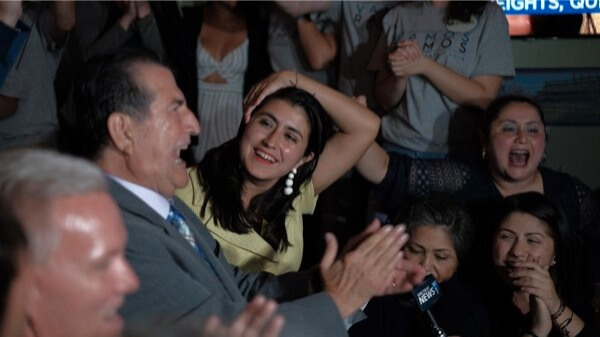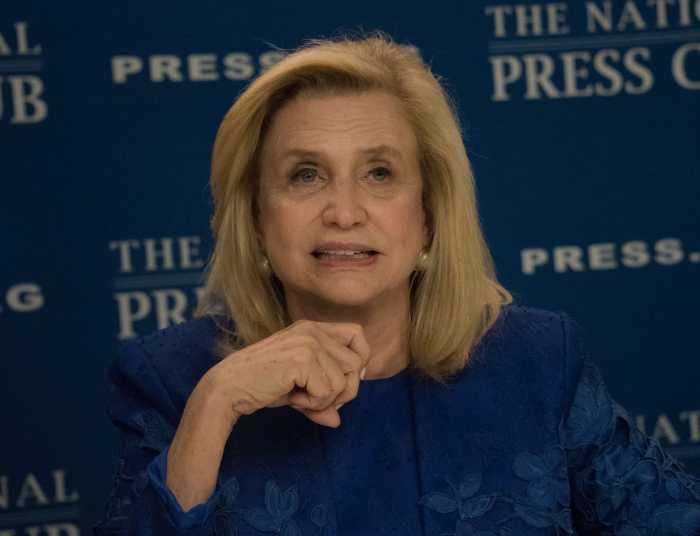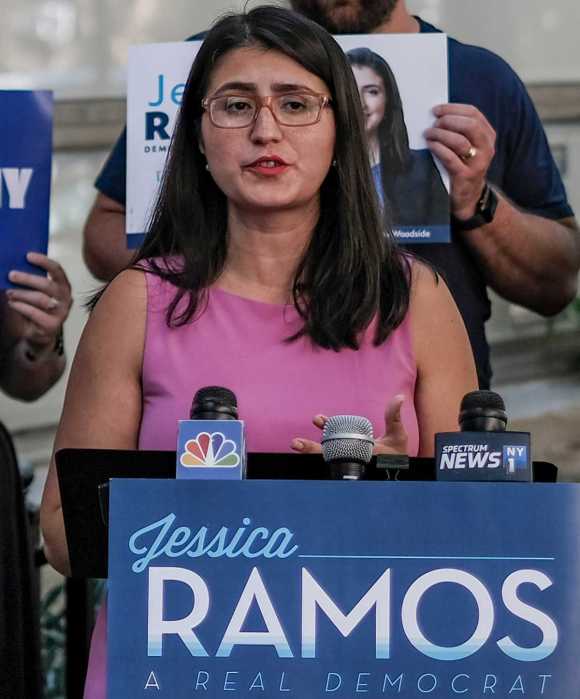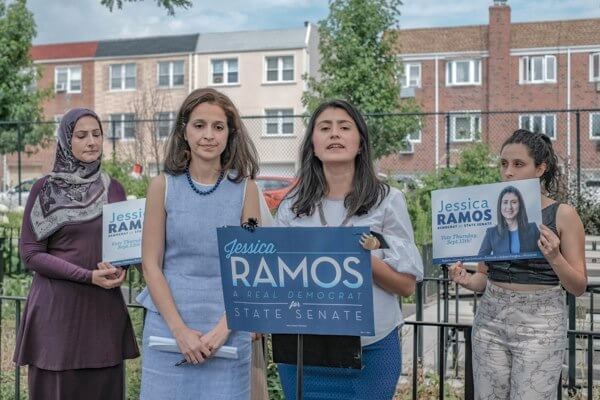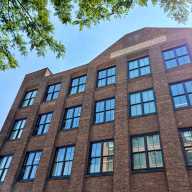Small businesses across New York City have endured almost six months of the impacts of the COVID-19 pandemic and resulting economic crisis, but Queens businesses are still calling for immediate policy and financial relief.
In an effort to mitigate some of the hardship, the city created relief programs for businesses at the height of the pandemic. The Department of Small Business Services (SBS) administered two of the city’s COVID relief programs: the NYC Business Continuity Loan Fund and the NYC Employee Retention Grant. The loan fund had a total of $20 million to distribute, while the grant had $40 million.
SBS confirmed with QNS it distributed all of the grants and loans. When broken down by borough, Manhattan shops received the majority of the relief, followed by Brooklyn, Queens, Staten Island and the Bronx, according to SBS data.
SBS Commissioner Jonnel Doris said when combined, Queens received about 16 percent of the relief.
For the Continuity Loan, Manhattan businesses received about 54 percent, Brooklyn received 24 percent, Queens received 17 percent, and Staten Island and the Bronx received 3 percent.
For the Employee Retention Grant, Manhattan Businesses received about 57 percent, Brooklyn got 22 percent, Queens got 16 percent, Staten Island got 3 percent and the Bronx received 2 percent.
While application rates are consistent with award rates, the data showcases how small businesses in the outer boroughs were under-represented.
Manhattan shops made up about half of the applicants for each program, while Brooklyn shops made about 24 percent, Queens made up about 20, and Staten Island and the Bronx each made up less than 5 percent each.
When preliminary data of the relief programs’ distribution was released in April, Queens State Senator Jessica Ramos and City Councilman Costa Constantinides called on SBS to redirect its outreach to small businesses outside of Manhattan.
“The fact that a vast majority of the city’s financial relief went to Manhattan businesses demonstrates that smaller, neighborhood-based, immigrant or minority owned businesses in the ‘outer-boroughs,’ a term we loathe to use, likely did not know that these programs existed or didn’t understand how to apply,” the lawmakers wrote in a join letter to SBS at the time.
Doris, who was elected commissioner of the department in May, acknowledged SBS had challenges in articulating their five-borough strategy when he took over during a Queens Borough Board meeting.
“Certainly, we didn’t see the borough diversity as we would like in that first program,” Doris said. “I think we’ve corrected some of the challenges there, so as we go forward, and which we’ve seen so far with all the programs rolled out, there’s equity when it pertains to the various boroughs, and the outer boroughs in particular.”
The commissioner, who currently calls Queens home, said they are working on getting the borough its fair share.
Councilman Donovan Richards, and Democratic candidate for Queens Borough President, introduced a bill to require SBS publicly report on the businesses that received a grant or loan, to determine if the funds were distributed equitably across the city. The bill passed the council and is awaiting Mayor Bill de Blasio’s signature.
During a recent rally to save small businesses, Richards said it’s “shameful” that Queens didn’t receive more relief being that the borough is the “second largest contributor” to New York City’s economy.
“Manhattan is not the center of New York City; the outer boroughs is where we’re seeing rapid growth,” Richards said. “The only way to make sure that there’s accountability is through transparency. We’re going to have to make sure that we are all standing together.”



